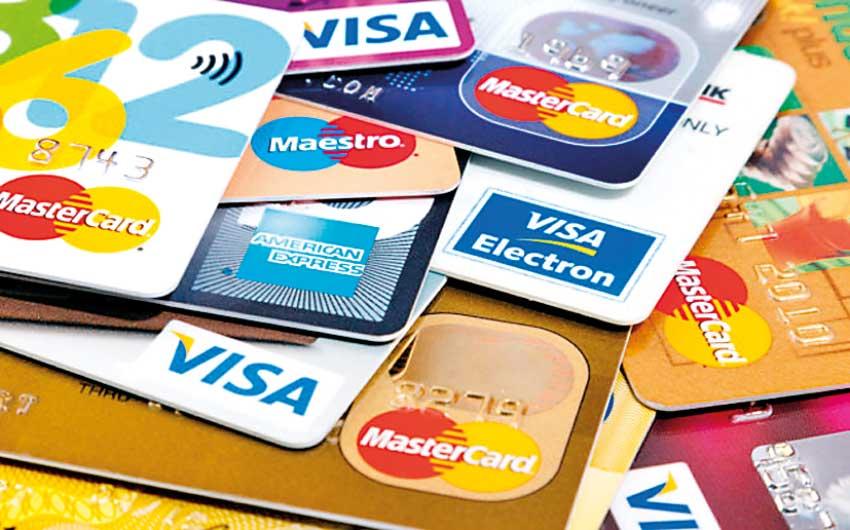21 Mar 2022 - {{hitsCtrl.values.hits}}

The credit card spend in January 2022 fell sharply after a spike seen in the previous month in a sign of slowdown in consumer spending amid rising inflation and foreign exchange shortages crippling daily activities of the households and businesses around the country.
Sri Lanka is currently facing its most severe economic crisis in its post independence history with perhaps the exception of the 70s debacle where people had to stay in queues for their daily essentials in the quest for a never achieved self-sufficiency by the government of that day.
According to data, Sri Lankan commercial banks expanded their cumulative credit card balance by Rs.852 million taking the total balance outstanding by the end of January to Rs.134.1 billion.
This is a sharp deceleration from the robust Rs.5.2 billion growth recorded in the prior month which saw a burst in consumer activity ahead and during the year end festive season out of the new found freedom they received with the end of lockdowns and other virus restrictions from early October.
During the whole of 2021, Sri Lanka’s credit card balance grew by Rs.16.0 billion, not much in comparison to the historically low rates prevailed since the third quarter of 2020. The massive slowdown in credit card spend is attributable to both seasonal patterns as well as the prevailing dourer climate in the economy characterised by record high inflation, commodities shortages led by fuel, daily power cuts and other hardships facing many households in Sri Lanka, coming out of the foreign exchange shortages and the pandemic induced supply chain disruptions. When going gets tougher, people tend to stick to essentials and cut down on travel and other recreational activities as uncertainties abound over whether they will be able to refuel their vehicles or they will be met with violent protests raging in the city by the Marxists.
Another reason why the credit card spend during 2021 was anemic was because people piled up cash in their bank accounts as they had limited spending options when the economy was intermittently shut down while the restrictions were abound on some outdoor and in-person activities.
A very few people in Sri Lanka believe that lockdowns, both in Sri Lanka and abroad, were the biggest reason for the massive economic anomalies seen both at home and abroad. When economies are closed and economic activities are restricted under health guidelines, economic output gets shrunk but people continue to spend on their essentials creating strong demand conditions, which then lead to demand-driven inflation.
On the other hand, lockdowns disrupt production and choke supply chains exacerbating inflationary pressures.
15 Nov 2024 58 minute ago
15 Nov 2024 2 hours ago
15 Nov 2024 2 hours ago
15 Nov 2024 2 hours ago
15 Nov 2024 2 hours ago